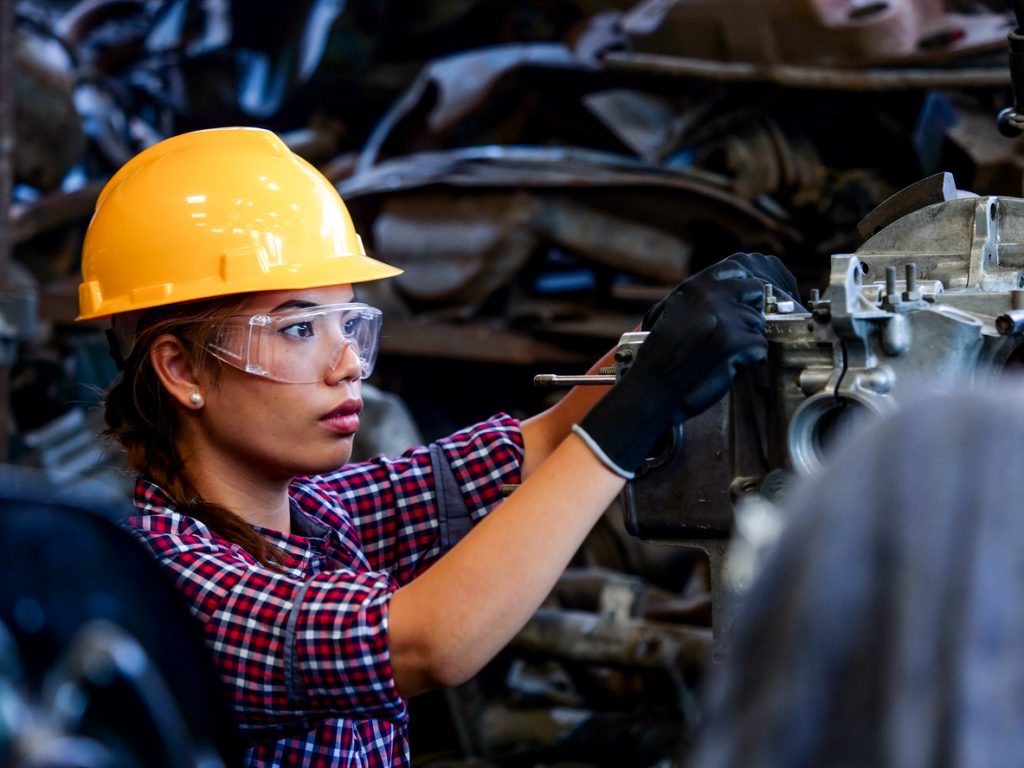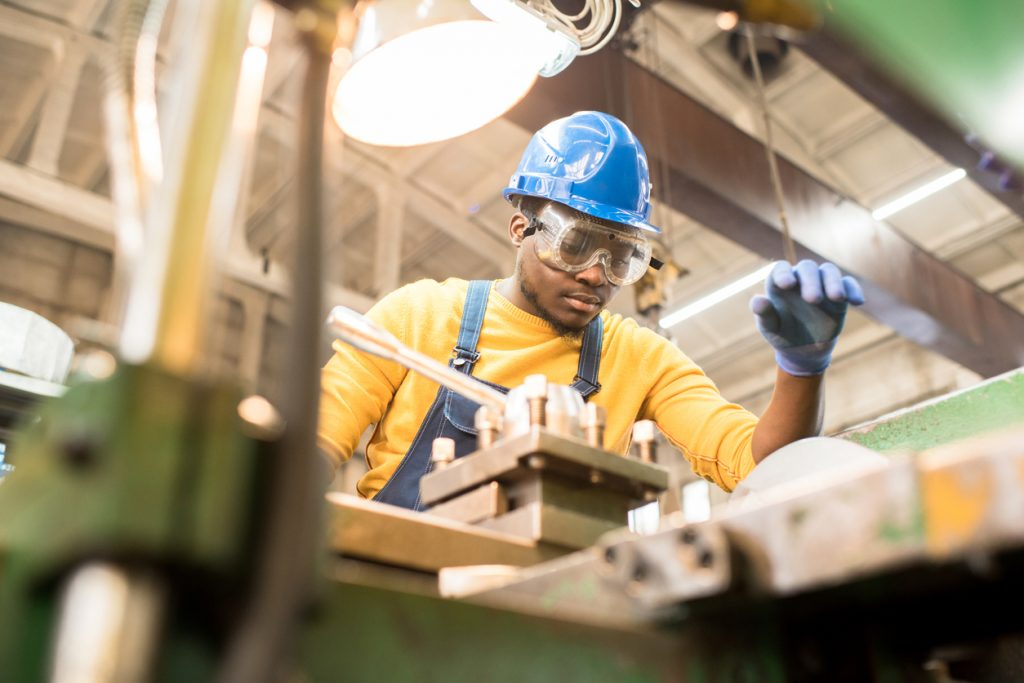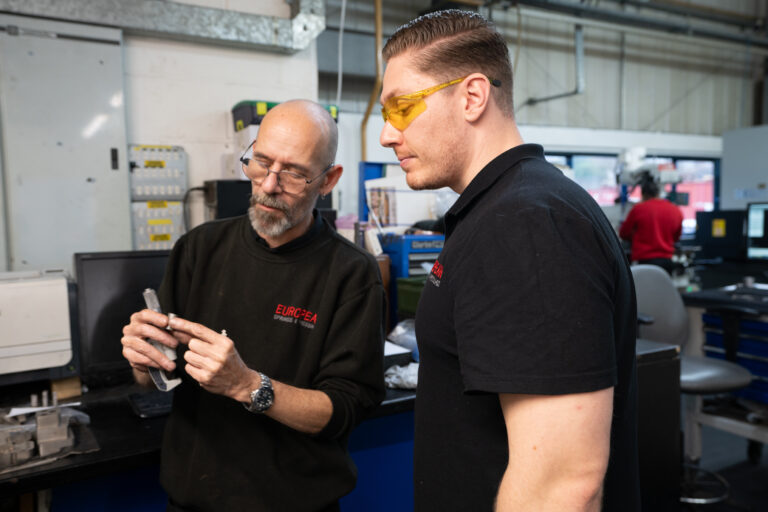
How the Industry is Closing the Gender Skills Gap
The gender gap is an issue many male-dominated industries are looking to close. It became such an issue that in
Home › News & Updates › Page 4

The gender gap is an issue many male-dominated industries are looking to close. It became such an issue that in

For many years, manufacturing companies have attempted to create a permanent solution to the labour shortage. But unfortunately, these unfilled

Continual growth and progress are essential parts of being successful in this highly competitive manufacturing industry. At European Springs, we

In recent years, the world has changed so much, and technology has risen to become the most significant driver of

There are no two ways around it; it’s been an unusual two years. Cast your mind back to 2016 when

Technology is constantly evolving, particularly in the manufacturing industry. Industry professionals and tech experts regularly find new and innovative

It’s disheartening to hear that 56% of female engineers reported that they felt the manufacturing industry in Ireland has not

Employee safety is one of the leading trends for manufacturers heading into 2022. Safety in the workplace has always been

As 2022 fast approaches, we turn our attention to the upcoming top trends in manufacturing. Our sector is constantly developing

And even if we don’t have exactly the tool we need, European Springs’ in house technology enables us rapidly to design and make complex tools, allowing us to offer more competitive prices.



© Copyright 2025 | European Springs
Designed, Promoted and Powered by SQ Digital